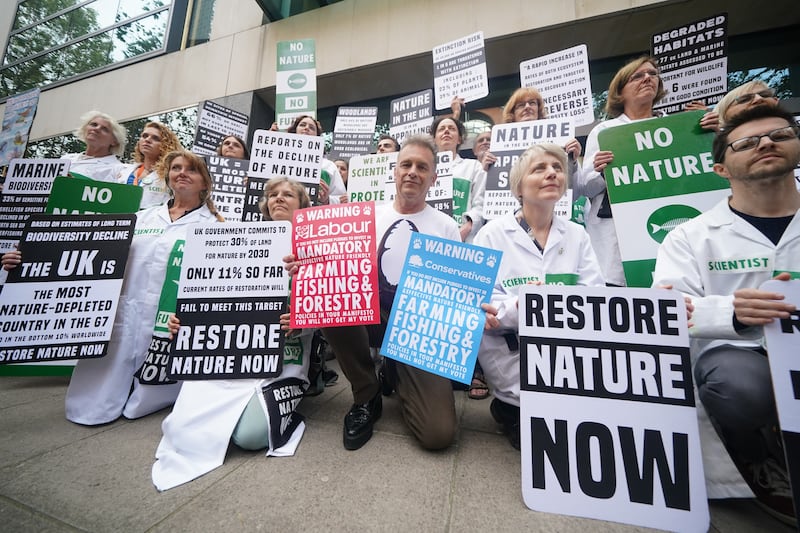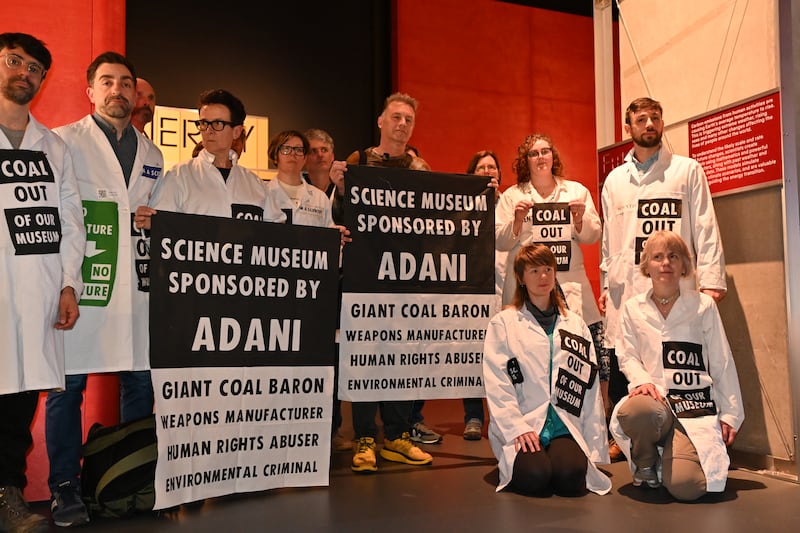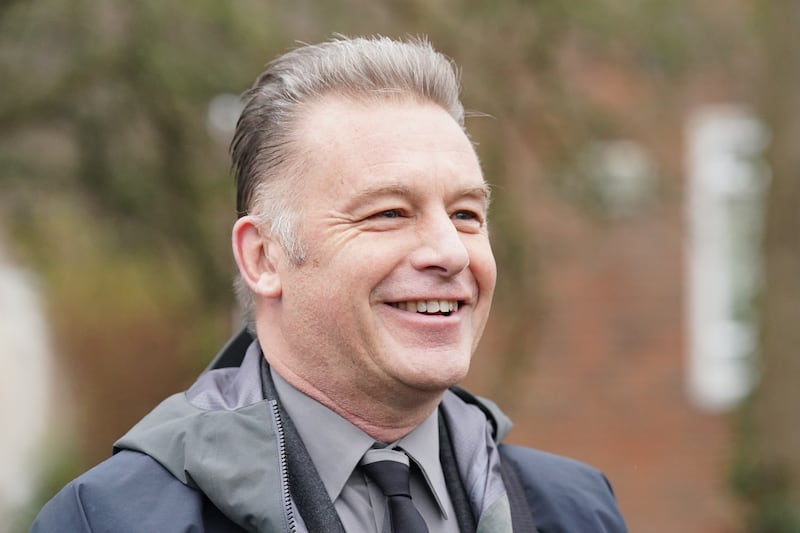Businesses are the antidote to politicians who are not making climate decisions based on science, Chris Packham said.
The broadcaster and naturalist, who recently sent a legal challenge to the Prime Minister over his decision to delay the phase-out of new gas boilers and petrol and diesel cars, said he was optimistic when it comes to businesses tackling climate change.
Speaking at the Times Earth Summit, Packham compared business leaders with politicians in Westminster.
He said: “Essentially what I see within businesses, because they are built on the need to succeed, they’re essentially underpinning that meritocracy and businesses that prosper are those which are better in one shape or form.
“That’s not to say they’re better in an environmental way, but they’re better in that form of business and those people who rise to the heads of those businesses or those industries are therefore people who are able.”
However, Packham said some contemporary politicians who have risen to the head of their field “haven’t fought their way there based on meritocracy”.
“What we’re after is making sure that our elected representatives represent us, and they make decisions based upon the best informed science when it comes to the environment, and that’s what they’re not doing now,” he said.
The broadcaster then argued that those who have risen to the head of a multinational company have a deep-rooted understanding of how to be successful and “probably have listened to all of the science”.
“That’s why they’re in that position and therefore I see business as an antidote when it comes to brave, bold leadership,” Packham said.
“Here are people who are empowered and have the capacity to make decisions which they can implement.
“Now as long as they can do that in a way which doesn’t harm their business too much – or they go out of business – or is counterproductive when it comes to the way that they look after their staff, and so on and so forth, then basically they are in a strong position.
“I do see significant optimism and hope by investing and encouraging, supporting industry and business.”








